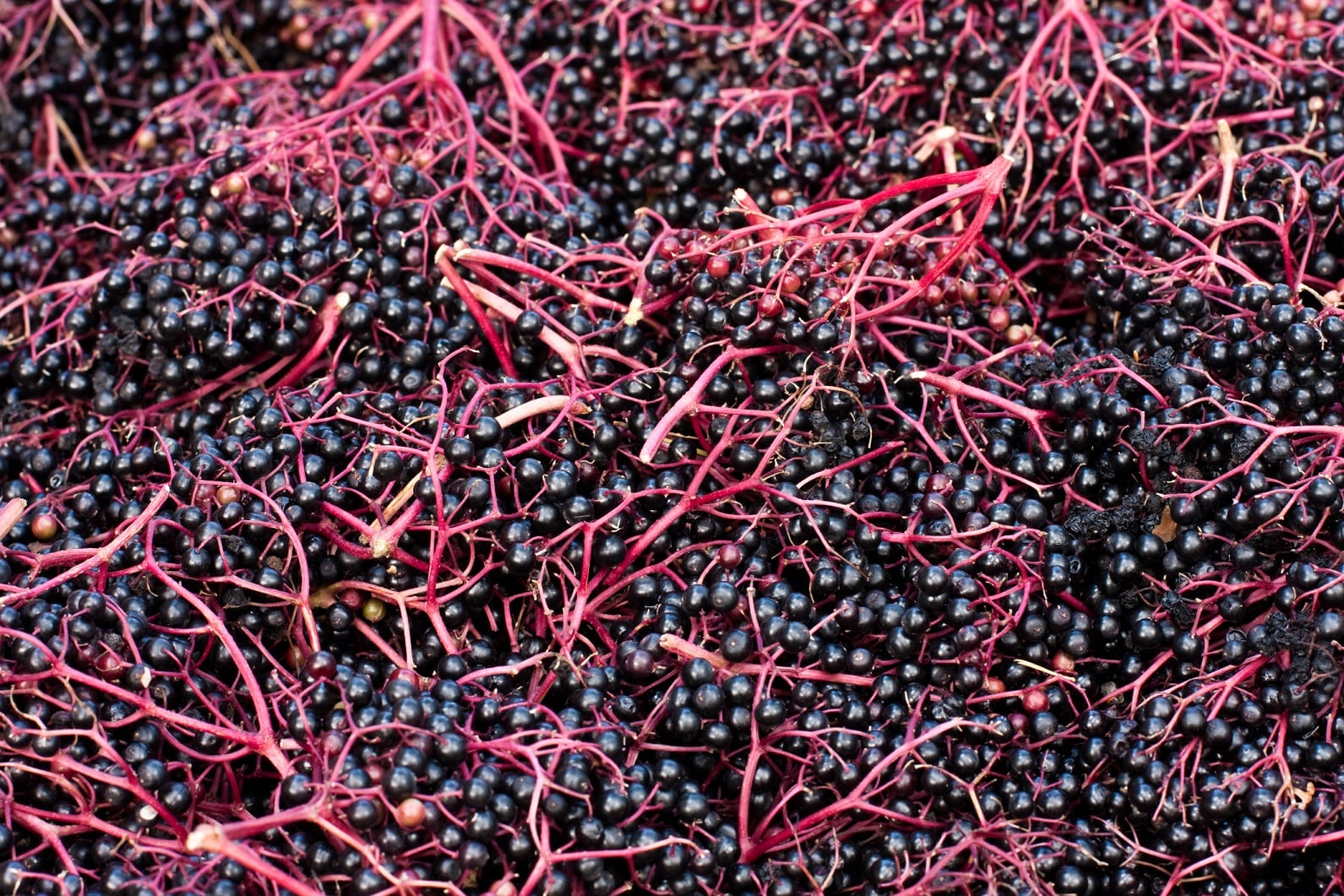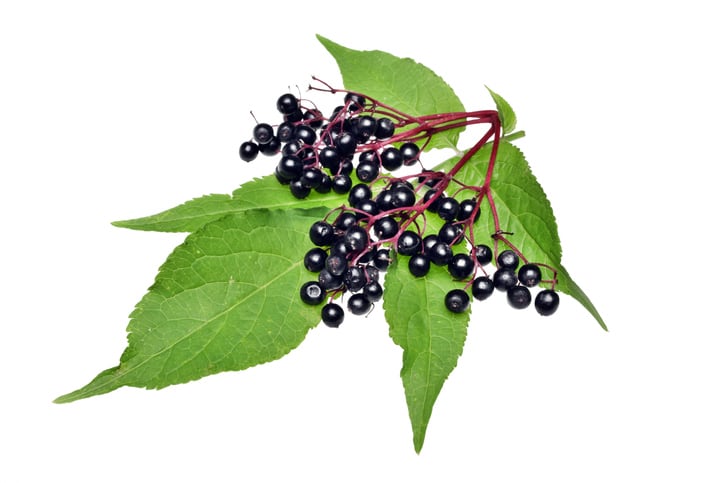Elderberry
According to the most recent Herb Market Report by the American Botanical Council, sales of herbal supplements with black elderberry (Sambucus nigra & S. canadensis) were $107.5 million (110% growth) in the mainstream channel, and $32 million in the natural retail channel (20.5% growth).
As reported earlier this year, adulteration of elderberry products is reportedly on the rise, with testing done by supplement manufacturer Nature’s Way, for example, finding evidence of various adulterants, including blueberry (Vaccinium angustifolium, V. corymbosum, or V. pallidum, Ericaceae), black chokeberry (Aronia melanocarpa, Rosaceae), amaranth dye, and black rice (Oryza sativa, Poaceae) extract, among others.
For elderberry, there is currently one official USP monograph. The forum is intended to understand how USP’s current monograph is working, to understand the different types of elderberry dietary ingredients and their manufacturing process, to understand the adulteration concerns around elderberry, and to explore what additional standards and new USP monographs are needed for elderberry.
The forum, which will take place on January 22, will be facilitated by James Neal- Kababick, Director of Flora Research Laboratories, and will feature presentations from the American Botanical Council’s Dr Stefan Gafner and Dr Wendy Applequist from the Missouri Botanical Garden.
For more information and to register for the forum, please click HERE.
PAs
USP will follow the elderberry open forum with another open forum about pyrrolizidine alkaloids (PAs) on January 29.
PAs are heterocyclic organic compounds synthesized by a variety of plant species. According to the European Food Safety Authority (EFSA), an estimated 6,000 plant species worldwide may contain pyrrolizidine alkaloids (PAs), including Boraginaceae (‘Forget-me-nots’), Asteraceae (the Senecioneae and Eupatorieae tribes of the daisy family) and Fabaceae (the Crotalaria genus commonly known as rattlepods).
Many of these compounds, when metabolized by the liver, can exhibit hepatotoxic, genotoxic, carcinogenic and mutagenic activities and are known to contaminate foods as well as herbal products and teas, thereby posing a serious threat to human health.
The January 29 open forum will explore planned USP General Chapters (chapters <567> and <1567>) covering information about, and analysis of, contaminant PAs.
For more information and to register for this open forum, please click HERE.




